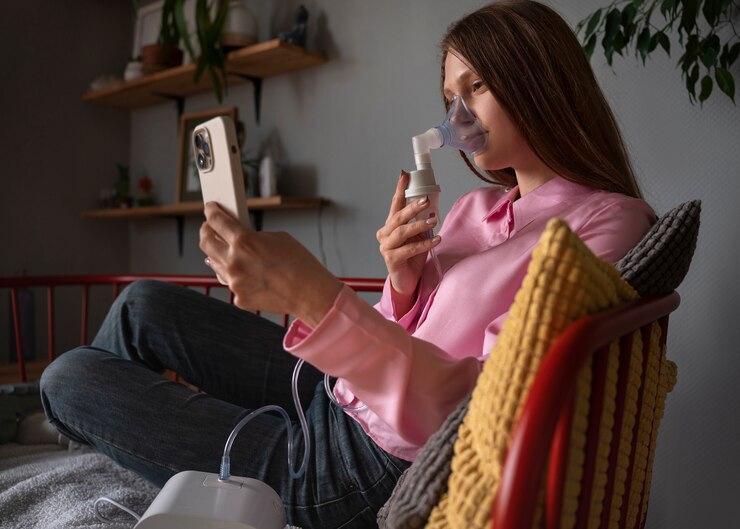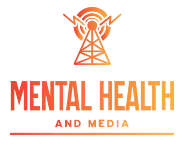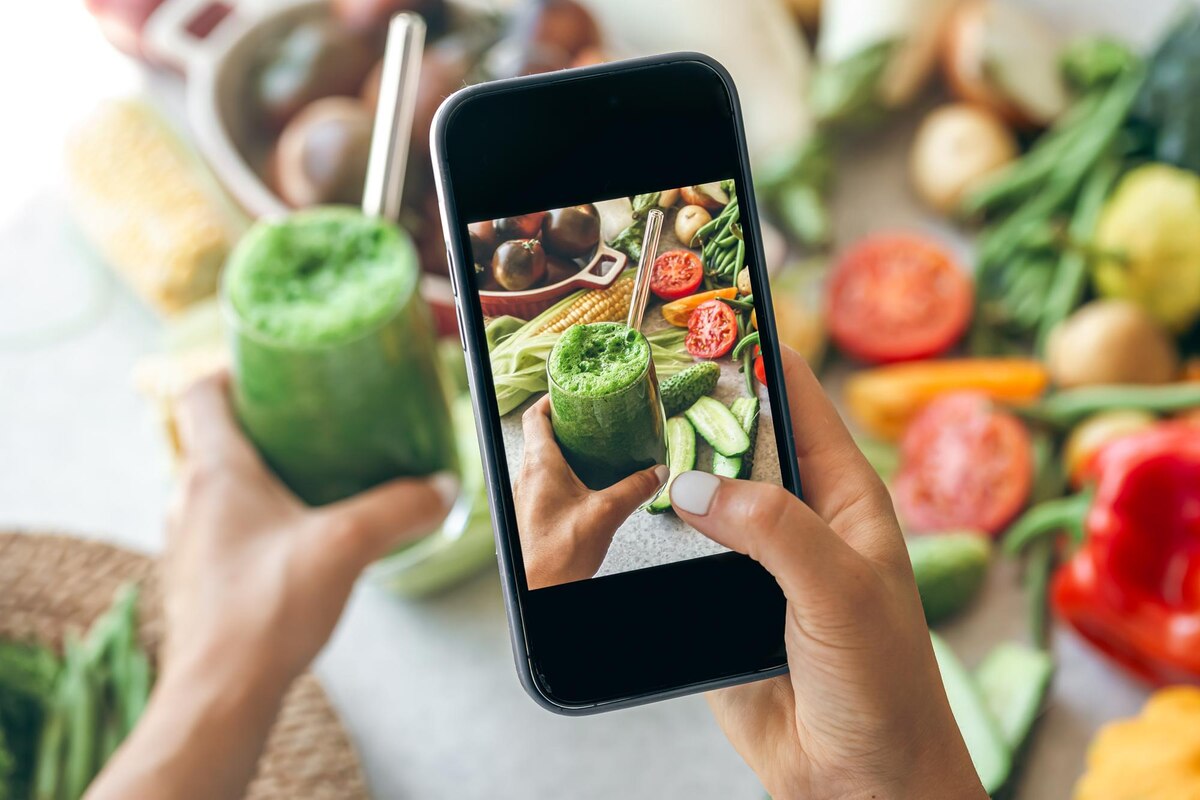In an era where social media has become deeply ingrained in our daily lives, its influence on mental health has come under increasing scrutiny. The constant barrage of curated images, status updates, and notifications can contribute to feelings of inadequacy, anxiety, and loneliness. Read More
Social media platforms are designed to be addictive, tapping into psychological principles such as the need for social connection, validation, and reinforcement. The constant stream of likes, comments, and shares triggers dopamine release in the brain, creating a cycle of reward and reinforcement that keeps users coming back for more. However, this constant stimulation can also lead to feelings of comparison, FOMO (fear of missing out), and negative self-perception, ultimately impacting mental well-being. Social media fasts offer a reprieve from the relentless demands of digital connectivity, allowing individuals to disconnect from the pressures of online social interaction and focus on offline experiences. Research suggests that taking breaks from social media can lead to improvements in mood, self-esteem, and overall well-being. By stepping away from the digital noise, individuals may experience reduced stress levels, increased mindfulness, and a greater sense of presence in the moment. One of the most significant benefits of social media fasts is the opportunity to prioritize real-life relationships and connections. In a world where digital interactions often take precedence over face-to-face communication, unplugging from social media can allow individuals to rekindle meaningful relationships, deepen emotional connections, and cultivate a sense of community in the offline world. By fostering authentic connections with friends, family, and loved ones, individuals can experience greater fulfillment and satisfaction in their social interactions. One of the barriers to taking a social media fast is the fear of missing out on important events, updates, or social interactions. However, research suggests that the perceived benefits of staying connected are often outweighed by the negative impacts on mental health and well-being. By reframing FOMO as an opportunity for self-care and personal growth, individuals can approach social media fasts with a sense of empowerment and intentionality, focusing on the positive outcomes rather than the perceived losses. While social media fasts can offer significant benefits for mental health, it’s essential to approach digital consumption with mindfulness and intentionality. Rather than completely abstaining from social media, individuals can practice moderation and set boundaries around their digital usage. By cultivating awareness of how social media affects their mood, behavior, and overall well-being, individuals can make informed decisions about when and how to engage with digital platforms, striking a balance between online connectivity and offline presence. In conclusion, social media fasts offer a valuable opportunity for individuals to unplug from the digital noise and prioritize their mental well-being. By disconnecting from social media, individuals can experience improvements in mood, self-esteem, and real-life relationships, ultimately leading to a greater sense of fulfillment and happiness. While social media will continue to play a significant role in our lives, practicing digital mindfulness and incorporating regular social media fasts can help individuals find balance and reclaim control over their digital consumption habits, leading to a healthier and more fulfilling relationship with technology. The Psychology of Social Media Consumption
The Benefits of Social Media Fasts
Disconnecting to Reconnect: Strengthening Real-Life Relationships
Overcoming the Fear of Missing Out (FOMO)
Practicing Digital Mindfulness: Finding Balance in a Digital World
Conclusion: Embracing Digital Detox for Mental Well-being




